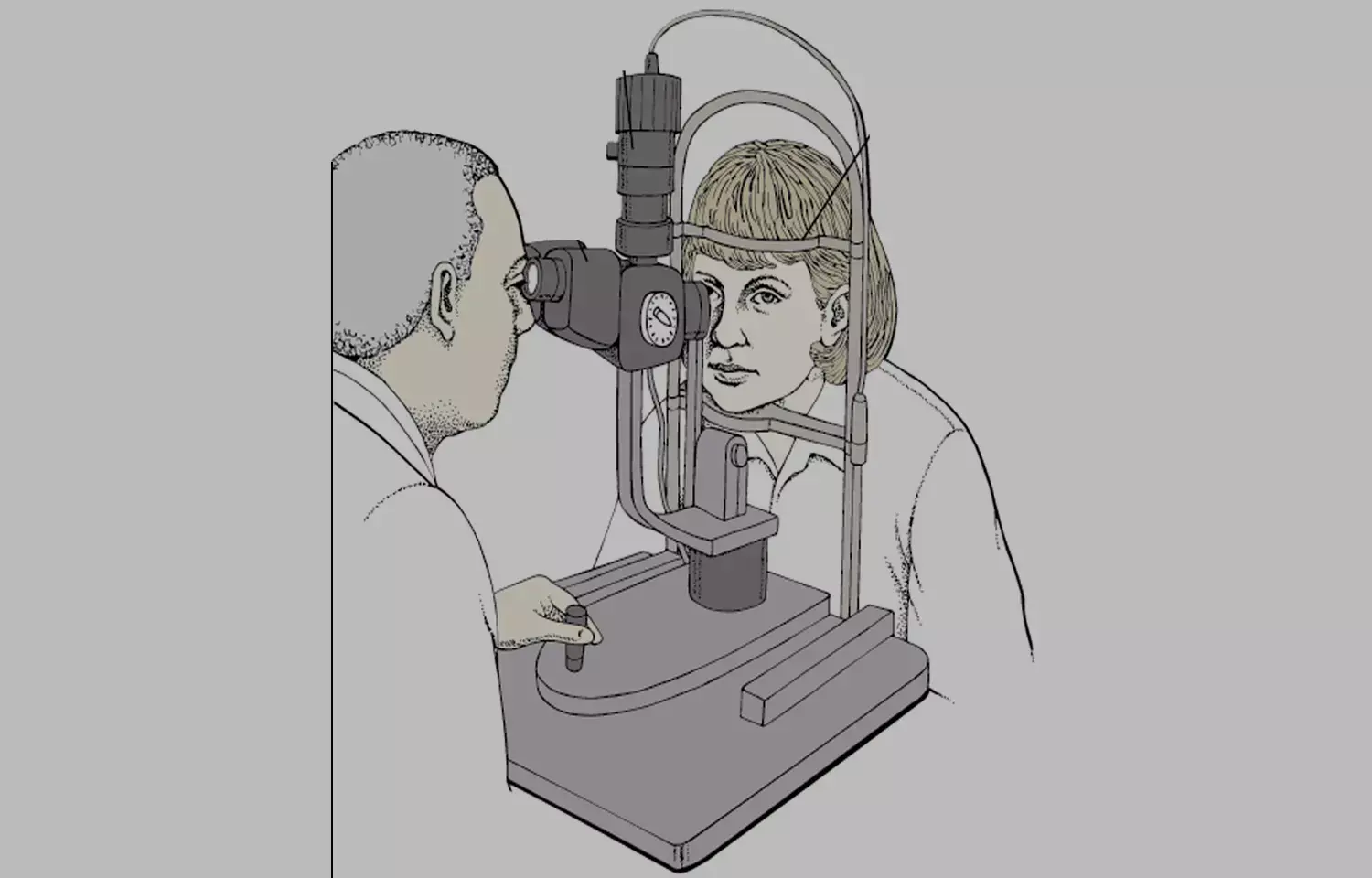- Home
- Medical news & Guidelines
- Anesthesiology
- Cardiology and CTVS
- Critical Care
- Dentistry
- Dermatology
- Diabetes and Endocrinology
- ENT
- Gastroenterology
- Medicine
- Nephrology
- Neurology
- Obstretics-Gynaecology
- Oncology
- Ophthalmology
- Orthopaedics
- Pediatrics-Neonatology
- Psychiatry
- Pulmonology
- Radiology
- Surgery
- Urology
- Laboratory Medicine
- Diet
- Nursing
- Paramedical
- Physiotherapy
- Health news
- Fact Check
- Bone Health Fact Check
- Brain Health Fact Check
- Cancer Related Fact Check
- Child Care Fact Check
- Dental and oral health fact check
- Diabetes and metabolic health fact check
- Diet and Nutrition Fact Check
- Eye and ENT Care Fact Check
- Fitness fact check
- Gut health fact check
- Heart health fact check
- Kidney health fact check
- Medical education fact check
- Men's health fact check
- Respiratory fact check
- Skin and hair care fact check
- Vaccine and Immunization fact check
- Women's health fact check
- AYUSH
- State News
- Andaman and Nicobar Islands
- Andhra Pradesh
- Arunachal Pradesh
- Assam
- Bihar
- Chandigarh
- Chattisgarh
- Dadra and Nagar Haveli
- Daman and Diu
- Delhi
- Goa
- Gujarat
- Haryana
- Himachal Pradesh
- Jammu & Kashmir
- Jharkhand
- Karnataka
- Kerala
- Ladakh
- Lakshadweep
- Madhya Pradesh
- Maharashtra
- Manipur
- Meghalaya
- Mizoram
- Nagaland
- Odisha
- Puducherry
- Punjab
- Rajasthan
- Sikkim
- Tamil Nadu
- Telangana
- Tripura
- Uttar Pradesh
- Uttrakhand
- West Bengal
- Medical Education
- Industry
1.25 % pilocarpine hydrochloride safe and effective against presbyopia, finds JAMA study

USA: AGN-190584 (Allergan, an AbbVie business) is an improved topical formulation of 1.25 percent pilocarpine hydrochloride intended for the treatment of presbyopia and augmented with a unique carrier. As a result, George O. Waring IV and colleagues undertook a study with the goal of evaluating the effectiveness and safety of pilocarpine hydrochloride, 1.25 percent, in patients with presbyopia.
On day 30, hours 3 and 6, AGN-190584 outperformed the vehicle in mesopic distance-corrected near visual acuity (DCNVA), with an acceptable safety profile, says an article published in the Journal of American Medical Association - Ophthalmology.
GEMINI 1, a randomized, vehicle-controlled, participant- and investigator-masked, phase 3 clinical research, recruited persons with presbyopia aged 40 to 55 years at 36 sites across the United States from December 21, 2018, to October 31, 2019. The research was conducted between February 2020 and December 2021. For 30 days, AGN-190584 or the AGN-190584 formulation vehicle was delivered bilaterally once daily. The major and crucial secondary efficacy end criteria were the proportion of individuals who improved 3 or more lines in mesopic, high-contrast, binocular distance-corrected near visual acuity (DCNVA) at hours 3 and 6 on day 30. Negative safety measures were implemented.
The key findings were as follow:
1. Of the 323 randomized individuals, 235 (72.8%) were female and 292 (90.4%) were White. The baseline mean mesopic DCNVA was 29.2 letters, and the mean age was 49.6 years.
2. A total of 163 people were randomly assigned to AGN-190584, while 160 were assigned to the vehicle.
3. GEMINI 1 accomplished both its primary and secondary efficacy objectives.
4. On day 30, hour 3, the percentage of individuals with the improvement of three or more lines in mesopic DCNVA in the AGN-190584 group was 30.7% (50 of 163) and 8.1% (13 of 160) in the vehicle group.
5. At hour 6, the percentages were 18.4 percent (30 out of 163) and 8.8 percent (14 out of 160).
6. The between-group difference in 3 or more lines of mesopic DCNVA gains was not statistically significant at hour 8, but clinically relevant prespecified outcome measures showed AGN-190584 superior to vehicle in least-squares mean (SE) mesopic DCNVA changing from baseline at hour 8 and photopic distance-corrected intermediate visual acuity at hour 8.
7. No subjects who improved their mesopic DCNVA by three or more lines at hour three lost more than five letters in mesopic, binocular-corrected, high-contrast distance visual acuity. The effect began 15 minutes later. AGN-190584 has a reasonable safety and tolerability profile.
In conclusion, the major and crucial secondary effectiveness end objectives were satisfied, with AGN-190584 enhancing functional near and intermediate vision in persons with presbyopia for 30 days without impairing distance vision.
Reference:
Waring GO, Price FW, Wirta D, et al. Safety and Efficacy of AGN-190584 in Individuals With Presbyopia: The GEMINI 1 Phase 3 Randomized Clinical Trial. JAMA Ophthalmol. Published online March 03, 2022. doi:10.1001/jamaophthalmol.2022.0059
Medical Dialogues consists of a team of passionate medical/scientific writers, led by doctors and healthcare researchers. Our team efforts to bring you updated and timely news about the important happenings of the medical and healthcare sector. Our editorial team can be reached at editorial@medicaldialogues.in.
Dr Kamal Kant Kohli-MBBS, DTCD- a chest specialist with more than 30 years of practice and a flair for writing clinical articles, Dr Kamal Kant Kohli joined Medical Dialogues as a Chief Editor of Medical News. Besides writing articles, as an editor, he proofreads and verifies all the medical content published on Medical Dialogues including those coming from journals, studies,medical conferences,guidelines etc. Email: drkohli@medicaldialogues.in. Contact no. 011-43720751


